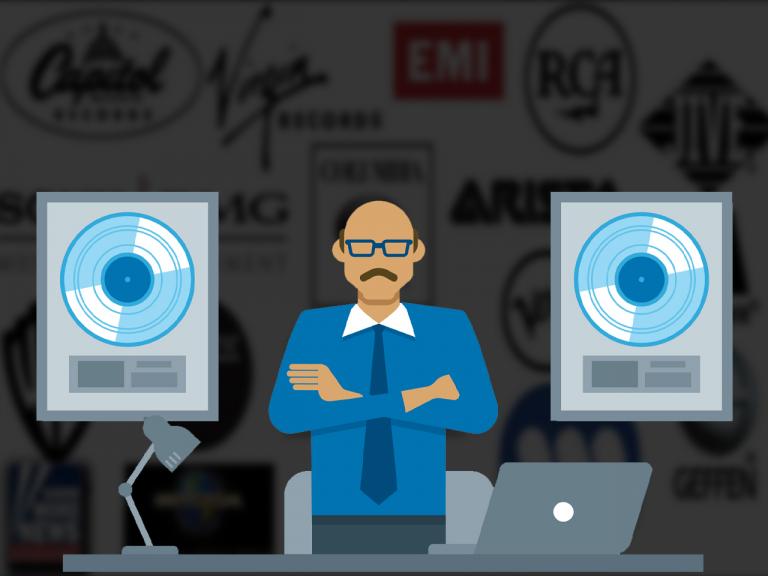
When Chance the Rapper made Grammy history in 2018 by becoming the first artist to snag one of the coveted awards without selling physical copies of his music, the win resonated well beyond the Chicago rapper’s own résumé. “This is for every indie artist!” Chance — whose album Coloring Book beat out several massive, label-backed releases including Kanye West’s The Life of Pablo and Drake’s Views — shouted onstage. In the wake of such a high-profile, seemingly DIY success, more new artists these days are considering going the indie route: signing with a non-traditional record label, testing novel release strategies and otherwise trying to forge a path alone. Music industry veteran Lee Parsons, CEO and co-founder of Ditto Music — an independent distribution company with over a dozen offices worldwide that has worked with artists including Chance, Ed Sheeran, Stormzy, and Sam Smith to release music to numerous digital stores like Spotify and iTunes — spoke with Rolling Stone about why the indie market is heating up, and what challenges lie ahead.
The idea of the traditional record deal seems to be breaking down these days; Spotify is offering direct uploading and even hotels are putting out albums for artists. Why’s that happening? The problem is, whenever you see an article where there is an artist complaining about streaming royalties, it’s always because they are signed to a label. Most artists actually make a lot of money from streaming — but with a label, you’re only getting very little back of what you actually earn. Some of the artists using Ditto are repped by themselves and getting a million pounds a year, and they’re building up sales and not signed to a deal. But then you see artists who are locked into a five-album deal, and this would be a deal made five years ago or more when the music industry was still at a low point. Those are usually the ones that are angry. A label will give back something like 20 percent of their royalties — so someone like Lil Uzi Vert, who I think made $8 million from one song, will only receive $2 million back after they take out his advance and all the money they spent. What we’ve seen in the last few years is that artists who are signed to record labels are realizing they don’t see much money.
There are not many artists signed 10 years ago who have much money now, because the deals were so bad. Artists are looking at independent companies and methods for ways to keep a lot more revenue. How knowledgeable are artists about all of this? Today’s musicians may be a lot more finance-savvy because of the royalties data made available to them on streaming services. They’re definitely more aware. When I was a musician in 2005, the only way I could get music out was signing a record deal with a label. We were so desperate to release something that we’d sign anything. But streaming services get a hard time from artists because many artists still don’t quite understand that it’s not really the streaming services — it’s the labels and the deals they have. What’s the general attitude toward traditional record deals nowadays? In the Nineties when an artist got signed, it was seen as a massive success. The problem is that there are 50 percent of them who you’ll never hear from again, and people kind of know that now — people know now not to trust the music industry anymore.
With attitude, it depends on territory. Grime rappers are pretty independent, building up their own thing, and if they sign, by that time they’re able to get what they want. The days of desperation for a record deal are kind of gone. Meanwhile in the Philippines, some artists are kind of embarrassed to be on a record label, so when [labels] put a song out they have to put it out under a fake label name because they don’t want people to know it’s a major label. I know that we put out music for artists who are signed because they still want it to look independent — just because it’s fashionable now. The tide turned. The grime scene is all about being in charge and being your own boss. And there are people like Chance in hip-hop. So for some artists, it’s actually detrimental for them to sign a label deal. And when they do — it’s done in a way so the artist can still say they’re independent.
Source by Amy X Wang http://bit.ly/2uI6HzW
